Easy Read information about what do you if you are not happy with a restrictive practice.

This guide uses simple words and pictures to explain information. This makes information easier to understand.
This guide has some hard words. The word will be written in bold.
We explain what the hard word means.

This guide is written by the Restrictive Practices Unit.
The Restrictive Practices Unit are people in Government who make sure that laws for restrictive practices are followed.
About this guide

This guide tells you what you can do if you are not happy with your restrictive practice.
Restrictive practices

Restrictive practices can stop you from going places and doing things you want.
Restrictive practices can take away your choices.
A restrictive practice should only be used when you act in ways that makes you or other people unsafe.
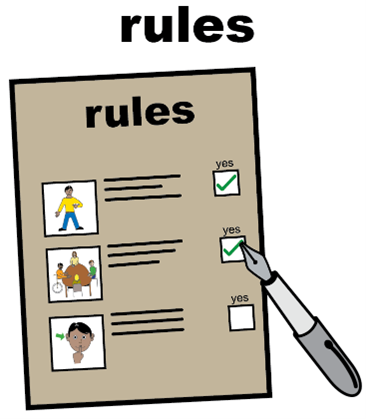
There are rules and laws about how a restrictive practice is used.
Its good to talk about restrictive practices

Your NDIS support worker will talk with you about your restrictive practices.
You can:
- Ask questions.
- Say what you think and feel.
- Speak up about what help you want.
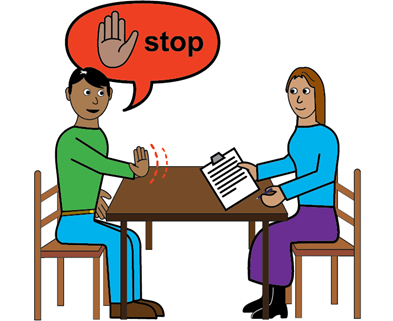
It is safe to tell people you do not agree with a restrictive practice.
You will not get into trouble.
You will not lose a service or support.
Ask for a review

You can ask for a review of your restrictive practice.
Sometimes a review is also called an appeal.
A review or appeal is when a person checks to make sure the restrictive practice is the right thing to do.
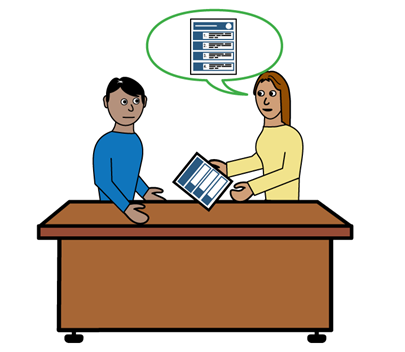
The law says you can ask for a review of your restrictive practice.
Tell someone you would like a review
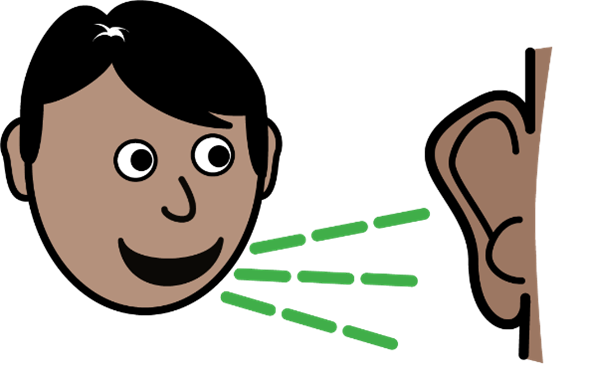
You can tell:
- Your NDIS support worker or NDIS coordinator.
- A family member.
- A friend.
- A support person.
If you want more help, you can tell a person from the Restrictive Practices Unit.
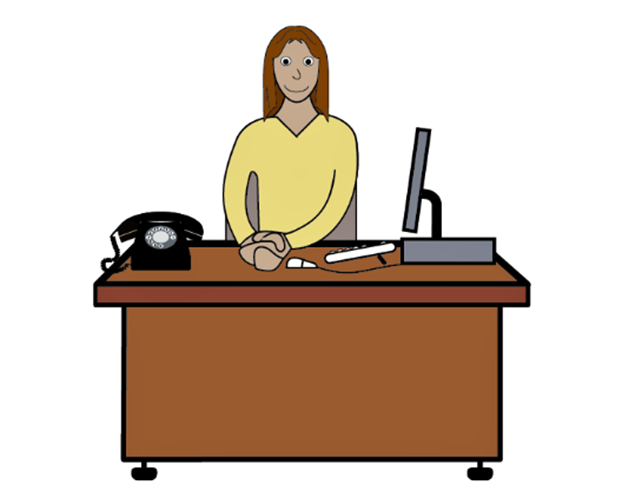
The Restrictive Practices Unit is a government organisation that makes decisions about the use of restrictive practices.
You can ask your support person to contact the Restrictive Practices unit for you.
Contact the Restrictive Practices Unit

Call us:

You can call us Monday to Friday between 9:00 am and 5:00 pm.

Write to us:
Restrictive Practices Unit
PO Box 70
RUNDLE MALL SA 5000
Who does the review?

The Restrictive Practices Unit can do the review.
The South Australian Civil and Administrative Tribunal can also do the review.
The South Australian Civil and Administrative Tribunal is a government organisation who reviews government decisions.
What happens in a review?

A person who works for the Restrictive Practices Unit or the South Australian Civil and Administrative Tribunal will do the review.
They will not take sides.
They will:
- Check that the law and rules have been followed.
- Talk with people involved.
They would like to talk with you.
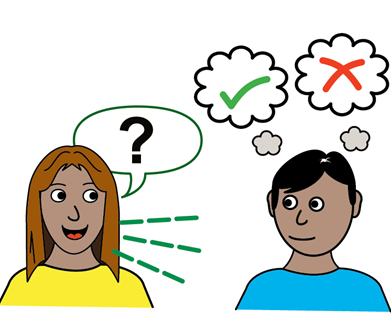
Together you can talk about:
- Why you don’t agree with the restrictive practice.
- What should happen.
You can ask for:
- A person to help you.
- Other support you need.
A decision will be made about the restrictive practice

At the end of the review a decision will be made about the restrictive practice.
The restrictive practice might:
- Stop.
- Change.
- Or stay the same.
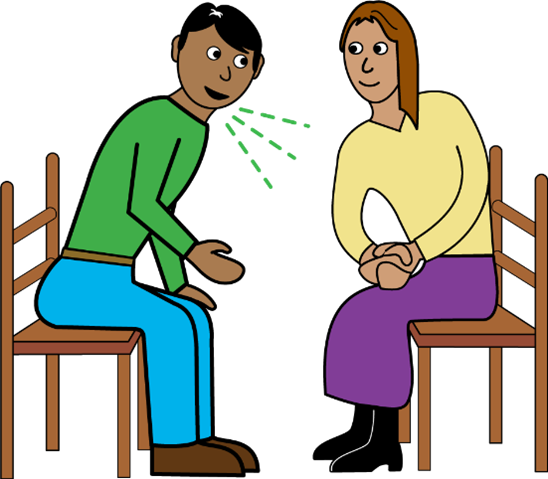
This decision will be explained to you by the Restrictive Practices Unit.
You can contact the Restrictive Practices Unit anytime to find out more information.
Images copyright © Leeds and York Partnership


